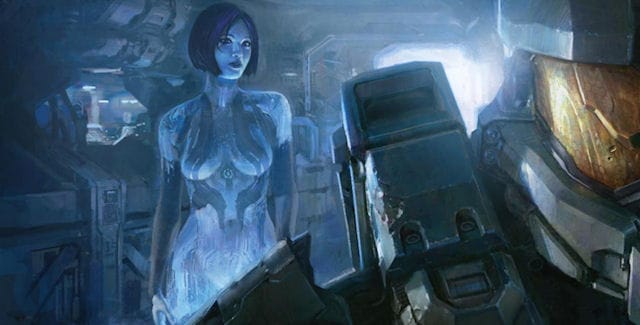
If you have a Twitter and go anywhere near news about games, you’ll probably have seen that the past 24 hours have been host to a flurry of Tweets about sexism in the gaming industry. They are hashtagged #1reasonwhy, as in the reason why I don’t feel accepted, feel harassed or feel the industry has barriers to equality etc. The content ranges from workplace issues/underrepresentation to problems with female characters to a lack of female gamers.
– – –
This has allowed people who are (or feel) disenfranchised to come together and share their experiences. Leigh Alexander wrote this awhile back in a Gamasutra article:
That’s why it’s good that so much writing from women about women and our roles and experiences is proliferating, and why it’s positive that it’s finding such a wide audience in the video game thought space. We’re reacting honestly to troubling things in our environment, like when game developers half-bake tacky plot points for their female heroines.
Here’s the thing. Maybe it’s a tall order, but I’d like us to do more.
Any kind of forum, even if its as disconnected as Twitter, is important because women are few and far between in the industry. I thought female representation in the industry was bad, but as it turns out, it’s really bad.
…according to Creative Skillset’s most recent survey, which took place in 2009, just six per cent of the videogame industry’s workforce are women – a figure half that of the previous survey, which recorded 12 per cent in 2006.
This is a problem. It’s bad for women in the industry, as the Twitter campaign has shown, but its also bad for gamers and fans. It’s not hard to see how many games delegitmize women, or often fail to appeal to them, but its also bad for me. I’m a male gamer and I want more than games made by men for men. Sure, I love a scantily clad avatar as much as the next breeder, but I’d take female game authorship over Dead Or Alive Xtreme Beach Volleyball any day.
I happen to believe that while men and women overlap a lot, they have distinct differences (that vary on the individual level), even if these are merely the result of a cultural divide. These produce various lenses through which we can examine society and enables us to produce artwork that informs or criticizes in distinct ways. Adding these different viewpoints to the pool of videogame authors will only propel the medium further. As much as I hope for a greater female presence and comfort in their work environment for their own sake, I hope things change for mine as well.
Sexism is just one problem the industry faces. Minority representation is another. All of them cannot be tackled at once, but #1reasonwhy highlights the individual tribulations of women, and gives a communal voice to those that may often feel like they have none at all.




